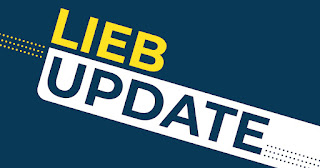New York City Mayor de Blasio announced, through the media, new vaccine mandate requirements for New York City’s five boroughs. Starting December 27th all private-sector workers will be required to show proof of vaccination. This is the first vaccine mandate in the nation that applies to all private sector workers. Approximately 184,000 businesses will be affected. Mayor de Blasio called the new measures a “preemptive strike” in facing the new challenges associated with the Omicron variant, the colder weather affecting the delta variant, and holiday gatherings.
Additional measures include, requiring children ages 5-11 to
show proof of one vaccine dose for indoor dining, fitness, and entertainment
and requiring individuals 12 and older to show proof of two vaccine doses unless
they received the Johnson & Johnson single vaccine dose. These measures are effective as of December 14th.
Mayor de Blasio called the measures universal in their enforcement
and is confident that this expansion to “Key to NYC” Program will overcome any
legal challenge.
Mayor de Blasio said the city’s health commissioner has put these new vaccine requirements into place. However, New York City’s Department of Health
has not yet published the order detailing the requirements of the new mandate.
Issues involving the enforcement of these private-sector
vaccine mandates will likely be something mayor-elect Eric Adams will have to deal
with next year.




